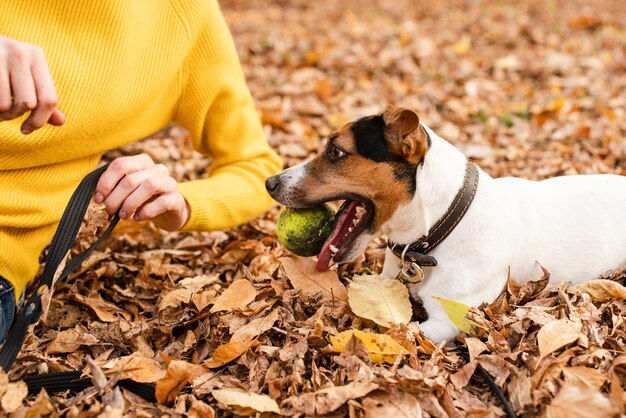

Why Dogs Shouldn’t Eat Grapes
Have you ever looked at a bowl of juicy grapes and thought about sharing them with your dog? Well, let me stop you right there: grapes are actually really dangerous for dogs. Yes, those little fruits can seriously harm your furry friend’s health. But why exactly are grapes bad for dogs, and what could happen if they eat them? Let’s dive into this important issue that every dog owner should know about.
Health Risks of Grapes for Dogs
When dogs eat grapes, raisins, or sultanas, they can experience major health problems. These fruits have toxic substances that can cause everything from vomiting and diarrhea to kidney damage or even kidney failure. Even a small amount of grapes can be harmful to dogs, and there isn’t a safe amount they can eat without risk.
The chemicals in grapes that are toxic to dogs include tartaric acid and potassium bitartrate. These substances are found in high concentrations in grapes, making them particularly dangerous. If your dog eats a grape or something that contains grapes, you need to know that they could face anything from an upset stomach to severe kidney issues.
If you suspect your dog has eaten grapes or raisins, get them to a vet immediately. Quick medical help can prevent kidney failure and other serious conditions. A vet might induce vomiting to get the grapes out of your dog’s system or give them activated charcoal to absorb toxins.
To keep your dog safe, avoid giving them grapes or food containing grapes. Be mindful when throwing away grape products, ensuring they are out of your dog’s reach. By staying alert and taking precautions, you can protect your dog from the dangers of grapes.
Signs of Grape Toxicity in Dogs
One of the first signs that your dog might have grape toxicity is a loss of appetite. If they suddenly don’t want to eat, it could be a big red flag. Other signs include lethargy, weakness, and unusual stillness—they might just seem really tired or not their usual self. Vomiting and diarrhea are also common and can happen just a few hours after they’ve eaten grapes.
Watch out for signs of abdominal pain. If your dog reacts badly when you touch their belly, that’s another clue they might have grape toxicity. Dehydration is also a symptom. You can check for dehydration by gently pulling up the skin at the back of their neck; if it doesn’t snap back quickly, your dog could be dehydrated.
These signs are serious and shouldn’t be ignored. Grape toxicity can have severe health consequences for your dog.
Immediate Steps to Take If Your Dog Eats Grapes
If your dog eats grapes, you need to act fast. Call your vet right away and give them all the information. The vet might tell you to induce vomiting, but don’t try this if your dog is unconscious or having trouble breathing. Getting quick veterinary advice is crucial to prevent any serious issues.
By avoiding grapes and knowing what symptoms to look for, you can keep your dog safe from this hidden danger. Remember, a little caution goes a long way in protecting your furry friend’s health.





